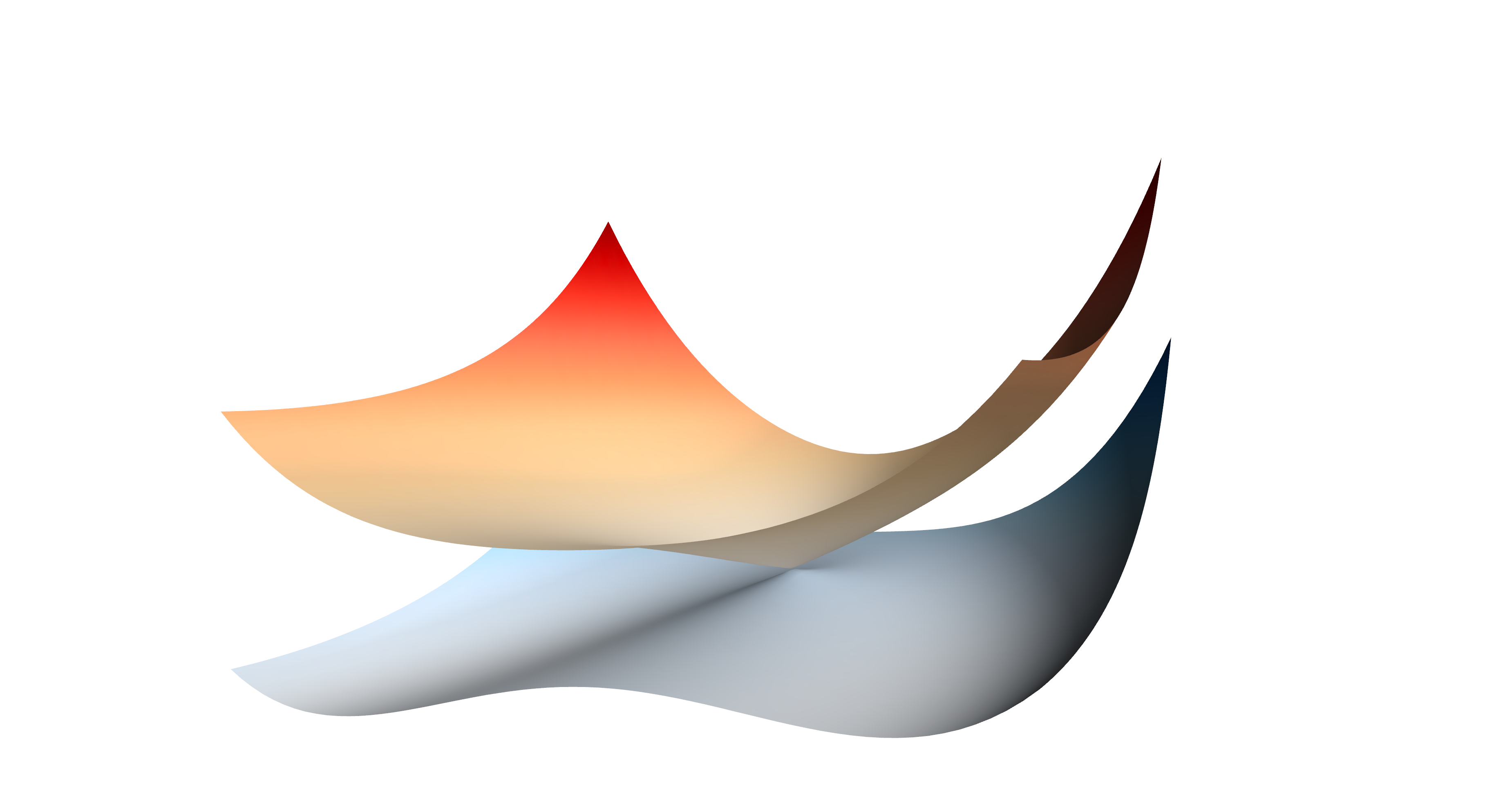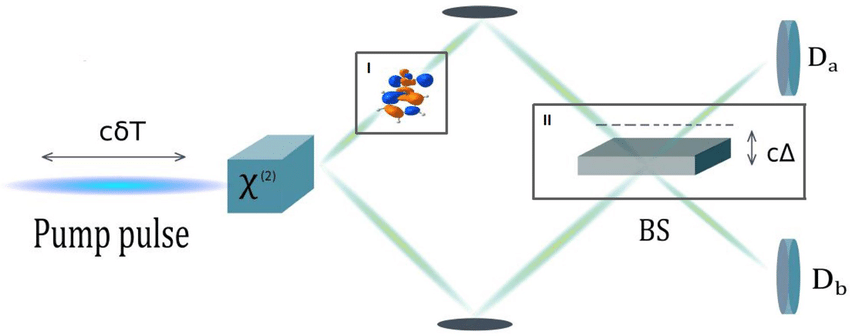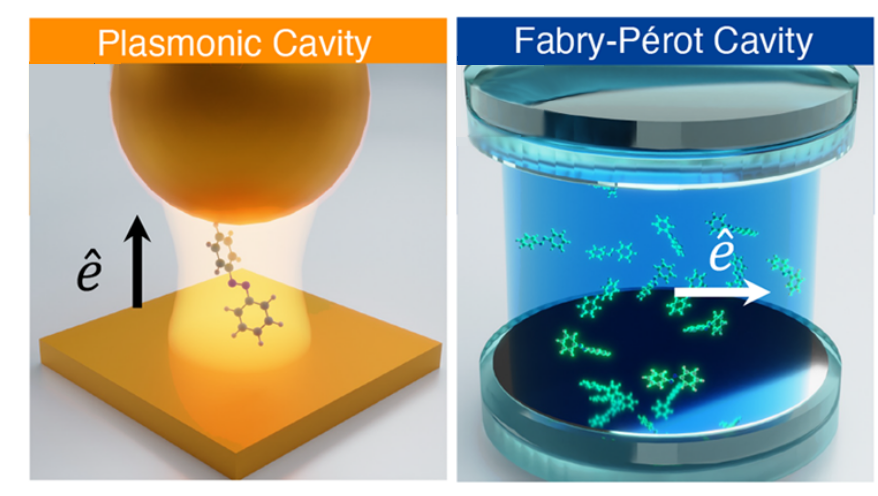Quantum molecular dynamics
Everything moves in real time! We want to study how molecules dynamically behave by solving time-dependent Schodinger equation.
But, it is hard, very very hard!
What do we do?

Correlated electron-nuclear dynamics
To understand how molecules behave upon a “kick” from photons (i.e., photochemical and photophysical processes), we need to solve the time-dependent Schrodinger equation for the entire molecule consisting of coupled electrons and nuclei. We are interested in developing accurate yet practical methods to tackle this grand challenge.Open quantum systems
Dynamics of open quantum systems (how to simulate the influence of the environment on quantum systems) Strongly Coupled Quantum Systems
and Renormalization Group
Most difficult problems in physics ranging from quantum chemistry to quantum phase transitions are multiscale in nature. A generic idea to tackle such systems is through renormalization group (RG). We aim to develop novel RG methods to get a better understanding of strongly correlated electrons, bosons, and spins.
Nonlinear molecular spectroscopy
We theoretically design new spectroscopy signals with novel light sources, especially quantum light sources and x-ray pulses.

Quantum light spectroscopy
X-ray spectroscopy
Yes, this is the x-ray you see in the hospital. And yes, it can be used to probe structure. But more than that, now it can be used to do a whole variety of x-ray spectroscopy! X-ray absorption, X-ray photoemission, X-ray Raman ...Molecular polaritons
Optical microcavities are empty boxes, just very small.
Yet, demonstrated by experiments, they profoundly alters the physicochemical properties of embedded molecules.
How did that happen?
